Objective requirements and strategic orientation
The Viet Bac resistance zone, including the provinces of Cao Bang, Lang Son, Thai Nguyen (old), and Tuyen Quang (old), is a region with a particularly important strategic position, a place that marked great contributions in the resistance war against French colonialism, deeply associated with the "Resistance Government" and "Uncle Ho's Army". However, the lives of the people, especially ethnic minorities in the localities in the region, are still difficult; socio -economic development is not commensurate with the potential and advantages.
Developing the economy, culture, society, improving the material and spiritual life of the people in the Viet Bac War Zone is an important political task, demonstrating the morality of "remembering the source of water when drinking water", and at the same time concretizing the Party's guidelines and policies, the State's laws on the development of the midland and mountainous areas of the North. In recent years, localities in the region have identified tourism as an important economic sector, a breakthrough in sustainable development. In particular, after Resolution No. 08-NQ/TW, dated January 16, 2017, of the Politburo "On developing tourism into a spearhead economic sector" was issued, thematic resolutions and specific action programs of the provinces have demonstrated political determination in exploiting tourism potential and advantages.
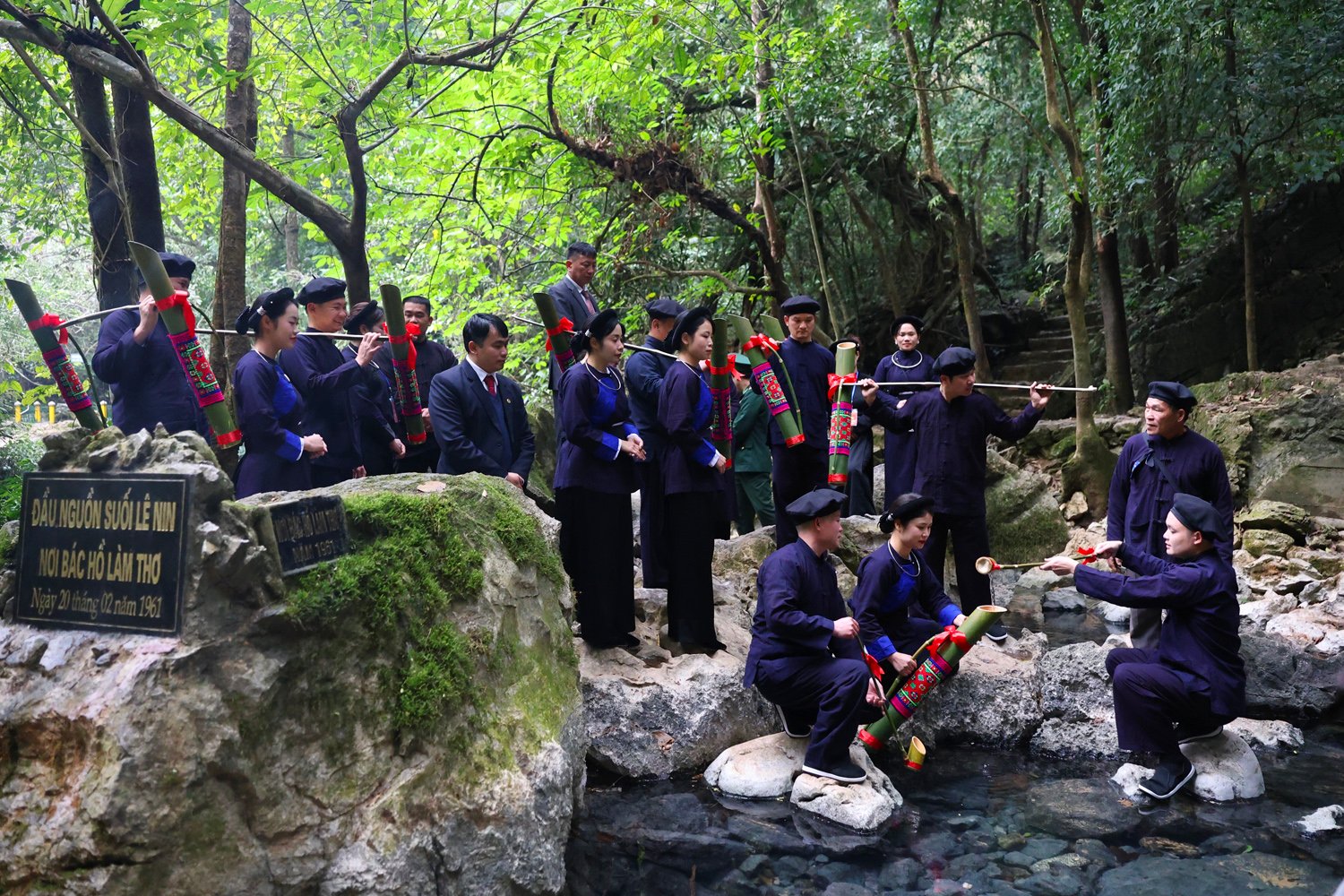
The ritual of taking water from the source at Lenin stream at the Pac Bo Source Festival in 2025_Source: baocaobang.vn
Developing sustainable tourism in the Viet Bac War Zone is not only an economic goal, but also has profound political, cultural, defense and security significance. Sustainability here is understood as the harmony between development and conservation, between economic growth and environmental protection, between exploiting historical and cultural values, revolutionary traditions and preserving local identities. This is a land with rich resources with pristine nature, diverse mountain and forest ecosystems, unique ethnic minority cultures, many revolutionary historical relics associated with the Party, the resistance war and President Ho Chi Minh. This factor not only creates a unique appeal for Viet Bac tourism products, but also serves as a foundation for Party committees and authorities to orient, lead and direct the building of a humane tourism image with cultural depth, contributing to educating patriotic traditions, arousing national spirit and aspirations for national development.
Limitations and shortcomings
Although some important initial results have been achieved, the tourism development process in the provinces of the Viet Bac War Zone is still facing many difficulties and challenges. Tourism infrastructure in many localities in the region has not met development requirements; the transportation system to tourist destinations is still not synchronized, some roads are degraded, and means of transportation are limited, especially in remote areas, leading to difficulties in effective exploitation despite the rich tourism potential.
Many localities have not yet formed unique, distinctive, and highly competitive tourism products. The types of tourism are not diverse, mainly eco-tourism and community tourism on a small scale, spontaneous. Meanwhile, tourism to the source, visiting historical revolutionary sites - the outstanding strength of the region - has not been exploited appropriately, lacking connection. The planning and state management of tourism is still not strict, some localities do not have a master plan or there is no synchronous integration between sectoral planning and regional planning; inter-sectoral coordination in resource exploitation and development investment is still loose, failing to promote the overall effectiveness of tourism.
Investment resources for tourism are still limited, both in terms of the state budget and attracting investment outside the budget. Many provinces have not yet proposed strong enough mechanisms and policies to attract businesses and investors. The quality of human resources in the tourism industry is still low, especially workers at service establishments, who have not been properly trained, lack professional skills, and have limited foreign languages, communication skills, and understanding of culture and history.
Promotional activities, coordination of propaganda and advertising of Viet Bac tourism are still scattered and lacking in depth; the image and brand have not been clearly positioned in the domestic and international markets; and a communication campaign with connectivity and dissemination has not been created. In the context of strong digital transformation, some localities are still not really interested in applying information technology in tourism management and development; the digital database system is not complete, digital tourism products, digital maps, and electronic applications to support tourists are still lacking and weak.
The awareness of protecting resources and the environment of some individuals working in the tourism industry and people in some localities is not high. Some tourist areas and spots are polluted and have overloaded infrastructure. Management and supervision of landscape and relic conservation is still not strict. Local communities, especially ethnic minorities - those who can directly participate in the operation of traditional cultural tourism - have not yet fully participated in the tourism value chain. People have not been equipped with knowledge and skills to do tourism, and are still hesitant, passive or dependent on external support.
The connection between localities in the region as well as between the tourism industry and related sectors and fields is still weak. Many localities develop tourism in a separate direction, lacking coordination in building tours, routes, and inter-provincial and inter-regional products; there is no effective coordination mechanism from the regional level to create a combined strength in sustainable tourism development, with high competitiveness in the market.
The above limitations and shortcomings pose an urgent need to propose synchronous, fundamental and strategic solutions so that tourism in the Viet Bac War Zone can truly become an important economic sector, developing in a professional, modern and sustainable direction.
Some key solutions
One is, prioritize completion. regional tourism development mechanisms and policies.
Prioritize the completion of mechanisms and policies for tourism infrastructure development, especially connecting traffic infrastructure, water supply and drainage systems, environmental treatment, and modern electricity and telecommunications systems to key tourist areas. At the same time, the State needs to support capital sources, site clearance, and long-term land lease incentives for green, community-based, and environmentally friendly tourism projects. The State needs to prioritize the budget for promotion, advertising, scientific research, and training of high-quality tourism human resources; support the construction of ecological recreation areas associated with on-site nature and cultural conservation; exempt and reduce taxes, fees, land rents, and loan interest rates for projects in remote, isolated, and border areas with development potential.
It is necessary to complete flexible tax policies to attract investment in untapped areas and sectors, creating conditions for the development of new types of tourism, increasing the length of stay and increasing income for local people. The souvenir manufacturing industry also needs to be considered for tax incentives for sustainable development.
Regarding market policies, the State needs to support research on key markets, build regional tourism brands, promote socialization of promotional activities and form unique tourism products. Along with that, strongly encourage the participation of the community and economic sectors in developing tourism types such as homestay, agriculture, and festivals, thereby both preserving traditional culture and developing sustainable socio-economic development in the Viet Bac War Zone.
Second, enhance the effectiveness of state management of tourism development.
Strengthening the effectiveness and efficiency of state management of tourism is a key solution to promote sustainable development in the Viet Bac War Zone. First of all, it is necessary to pay attention to training and fostering a team of cadres, especially leaders and managers of the tourism industry with solid political qualities, leadership and management capacity, professional expertise and practical ability; at the same time, focus on consulting, approving planning and projects, training human resources and promoting professionally. Along with that, it is necessary to perfect the system of legal documents on tourism; promulgate synchronous technical standards in planning, investment, management of resources and environment to create a stable legal corridor for the development of the industry. Continue administrative reform, perfect the organizational structure of tourism management agencies and organizations at the provincial and communal levels after rearranging administrative units, and establish the Management Board of national tourist areas according to the law.
Strengthening coordination mechanisms between localities in the region to form a tight tourism network, promoting comparative advantages, creating unique and competitive inter-regional tourism products. In addition, it is necessary to promote inter-sectoral coordination, ensuring effective integration of tourism development goals with investment, promotion, resource conservation and infrastructure development.
Third, mobilize and attract investment to develop regional tourism.
Mobilizing and attracting investment is a decisive solution for sustainable tourism development in the Viet Bac War Zone. In particular, it is necessary to clearly identify internal resources as the key factor, with state budget capital playing the role of initial promotion, orientation and leading social resources to invest in the tourism sector. Budget capital needs to prioritize synchronous investment in infrastructure serving tourism. Strongly improve the investment environment and facilitate procedures for projects with non-budgetary capital, especially large-scale projects with modern technology and environmental friendliness.
Encourage tourism investment in the form of socialization, mobilizing resources from the people for small projects, suitable to the reality of each locality. At the same time, promote socialization in investment in conservation, restoration of relics, promotion of traditional cultural values, craft villages and festivals to serve tourism development. Develop appropriate incentive policies, create clean land funds associated with approved planning, ready to attract dynamic projects with the ability to spread regional socio-economic development. Create appropriate mechanisms and policies to promote public-private partnership (PPP), mobilize maximum social resources, reduce budget burden and develop tourism effectively in remote and isolated areas with rich potential.
Fourth, develop the market and diversify tourism products.
Market development and product diversification are strategic solutions, contributing to improving the competitiveness and business efficiency of tourism in the Viet Bac War Zone in the context of integration and digital transformation. Tourism businesses need to proactively develop market access plans with appropriate, flexible and effective goals and itineraries. Continue to expand links with tour operators, travel agencies, and domestic and foreign promotion centers to expand the consumption network, increase connectivity and effectively exploit the market.
Regarding tourism product development, it is necessary to effectively exploit the strengths of unique resources that are imbued with local cultural identity. Based on careful research on trends and consumption characteristics of each market segment, localities in the region build a system of diverse, high-quality tourism products, attractive organization, and experiences. Product development needs to be associated with sustainability, environmental friendliness, community engagement, preservation and promotion of traditional cultural values in place, thereby enhancing economic, social, and cultural values, affirming the tourism position of the Viet Bac War Zone in the national and international tourism value chain.
Five is, training and developing human resources for tourism.
Developing high-quality human resources is a key factor to ensure sustainable development and professionalization of the regional tourism industry. Localities in the region need to synchronously deploy training and in-depth training for the team of leaders and state managers of tourism, focusing on areas such as planning, project appraisal, environmental protection and tourism promotion and advertising. It is necessary to set out policies and regimes appropriate to the characteristics of the region to support officials to participate in university and postgraduate studies in tourism, improving the qualifications of officials to ensure a systematic, methodical and planned process.
In addition, tourism businesses need to build a long-term human resource development strategy, prioritize staff training, promote innovation capacity, management experience and development potential. Each locality needs to have policies suitable to regional characteristics, support businesses to send staff to participate in training programs at domestic and foreign tourism development centers to acquire modern operational experience.
Continue to improve the regime, policies, incentives, use and honor the team of intellectuals, experts, artisans and skilled workers working in related fields. Attracting and retaining high-quality human resources is an important factor contributing to the development of unique tourism products, preserving traditional culture in the area and enhancing the attractiveness and competitiveness of tourism in the Viet Bac War Zone.
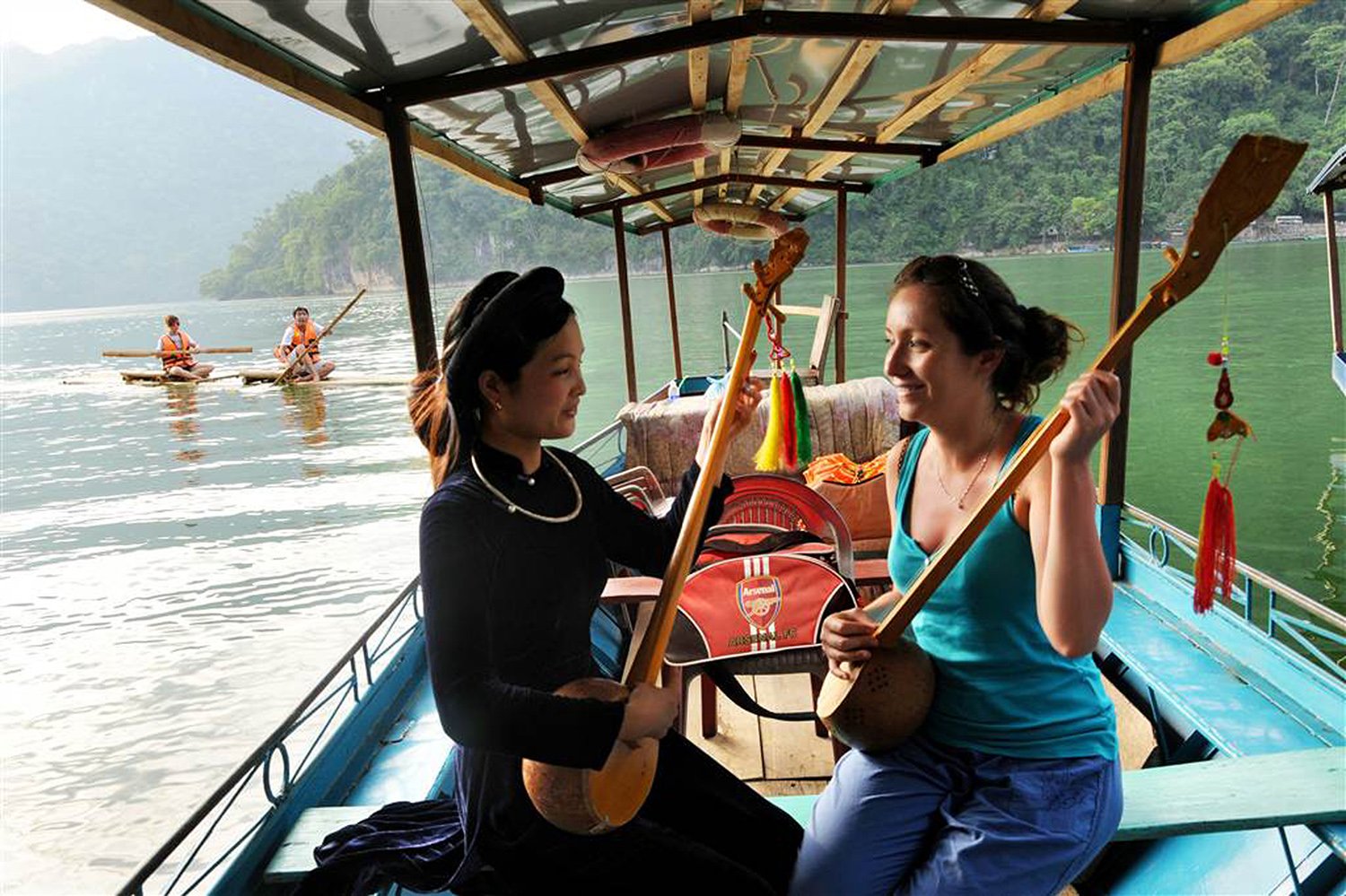
Guide tourists to play the Tinh zither on Ba Be Lake, Thai Nguyen Province_Source: nhiepanhdoisong.vn
Sixth, strengthen tourism promotion and advertising.
Promotion and advertising are key solutions to enhance the image, position and appeal of regional tourism in the context of domestic and international integration and fierce competition. This activity needs to be implemented synchronously, professionally, linked to the characteristics of resources and target market orientation. Localities in the region need to proactively coordinate with central agencies to organize introduction and promotion programs in key markets such as France, Japan, Korea, Thailand, the United States, etc.; actively participate in international tourism fairs, build booths with local identity or in regional clusters to create brand impressions.
Promote the application of digital platforms and multimedia and multilingual communication on international and domestic channels; integrate the image of Viet Bac tourism into the general communication strategy of the national tourism industry. Continue to coordinate with domestic press, television and online platforms to introduce destinations, products, festivals and unique culture of the region.
In addition, organize conferences, seminars, and events connecting tourism supply and demand to improve promotion and advertising capacity to create opportunities to introduce products, share experiences, and orient tourism development strategies in the Viet Bac War Zone in a professional, effective, and sustainable direction.
Seventh, promote the application of science and technology in tourism development.
The Fourth Industrial Revolution is taking place strongly, promoting the application of scientific and technological achievements in tourism development is an urgent requirement to improve competitiveness, efficiency of resource exploitation and ensure sustainable development of tourism in the Viet Bac War Zone.
Accordingly, it is necessary to prioritize research on management models, exploitation of tourism resources associated with ecological environment protection, cultural preservation and adaptation to climate change. Develop green tourism models, eco-tourism, community tourism, high-tech agricultural tourism..., combining production - service - experience in a modern, environmentally friendly direction. Encourage the application of energy and water saving technology; use of environmentally friendly materials; waste treatment technology, recycling in tourist areas and spots. At the same time, apply information technology in management, operation, promotion and advertising of tourism, such as digitizing resources, digital maps, smart tourism, virtual tour guides, tourism e-commerce...
This is a breakthrough solution to implement digital transformation in the tourism industry, thereby improving the tourist experience, affirming the role of science and technology in developing green, smart and sustainable tourism in the region.
Eight, protect resources, environment and effectively respond to regional climate change.
Protecting natural resources, the environment and responding to climate change are prerequisites for sustainable tourism development... Natural resources and the environment are not only the foundation for creating unique tourism products, but also ensure the quality of experiences and long-term attractiveness of destinations. Localities need to strictly comply with land use planning; tightly control resource exploitation associated with environmental impact assessment; fully implement legal regulations on environmental protection, heritage, and biodiversity. It is necessary to strictly protect areas that may be affected by tourism activities, such as relics, scenic spots, national parks, conservation areas, etc.; at the same time, develop measures to strictly handle violations.
Strengthen propaganda and education for the community and tourists on the responsibility of protecting the tourism environment; step up inspection and examination of service establishments, especially those with large numbers of visitors. Develop timely, complete, and predictable plans to respond to climate change and integrate them into tourism development planning, especially in areas vulnerable to natural disasters and extreme weather.
Encourage the development of environmentally friendly tourism, such as eco-tourism, community tourism, green tourism; promote the use of clean, renewable energy, ecological materials and the “3R” model (Reduce; Reuse and Recycle) in tourism activities. Thereby, gradually positioning the image of Viet Bac tourism - a sustainable, responsible and unique destination.
Nine, encourage community participation in tourism development.
Developing sustainable tourism in the Viet Bac War Zone requires the active and effective participation of the local community, especially ethnic minorities - who directly preserve, maintain and promote local cultural and ecological values. Encouraging community participation should be identified as a strategic solution in the tourism development policy of the whole region. Localities need to raise people's awareness of their role in tourism development; encourage the community to invest in homestay accommodation services, on-site tour guides, traditional handicrafts and clean food supply. At the same time, it is necessary to propose a mechanism for financial support, technical support and skills training, contributing to creating sustainable livelihoods for the people.
Community tourism, agricultural tourism, and eco-tourism models associated with high technology, traditional activities, and the natural environment should be considered as long-term development orientations. It is necessary to honor and support the community in preserving festivals, traditional crafts, and folk culture - important resources in building unique and attractive tourism products. It is necessary to effectively exploit forms of tourism rich in traditional identity and local characteristics, such as origin tourism, exploring revolutionary relics, experiencing tea regions, etc., contributing to positioning the Viet Bac community tourism brand with a strong identity, rich in cultural and historical values, and oriented towards sustainable development.
Tenth, promote regional tourism development linkages.
Linking tourism development is a strategic and breakthrough solution to effectively exploit the potential and strengths of the Viet Bac War Zone. In the context of local limitations in scale, infrastructure and resources, linking and cooperation is the key to promoting combined strength, aiming at sustainable development and improving competitiveness.
First of all , it is necessary to promote intra-regional linkages between Viet Bac provinces in tour and route building, product development, human resource training and promotion, so that each locality can both maintain its identity and contribute to creating a unique, rich and high-quality tourism value chain. Second , establish an effective coordination mechanism in regional linkages, ensuring strategic unity, synchronous planning and harmonization of interests. Third , focus on sector linkages, strengthen coordination between central ministries and branches with local authorities, enterprises, social organizations and people in investment, policy making, infrastructure development and tourism communication.
Linking tourism development not only brings about socio-economic efficiency, but also spreads cultural-historical values and revolutionary traditions, contributing to realizing the policy of comprehensive and sustainable development of the midland and mountainous regions of the North according to the orientation of the Party and State./.
------
Source: https://tapchicongsan.org.vn/web/guest/van_hoa_xa_hoi/-/2018/1154602/khai-thac-hieu-qua-tiem-nang%2C-the-manh%2C-gop-phan-phat-trien-ben-vung-du-lich-vung-chien-khu-viet-bac.aspx








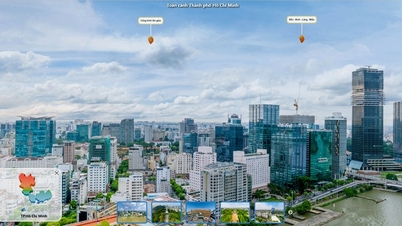

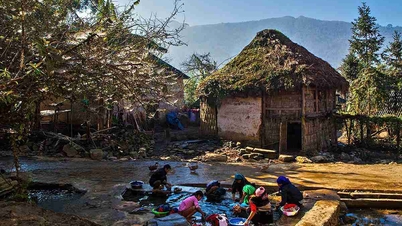

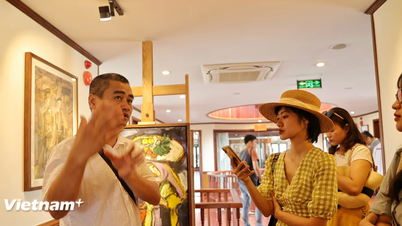

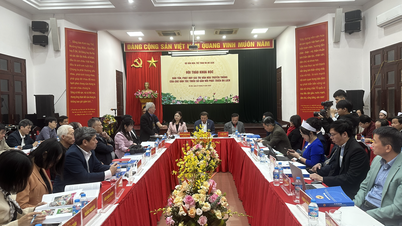

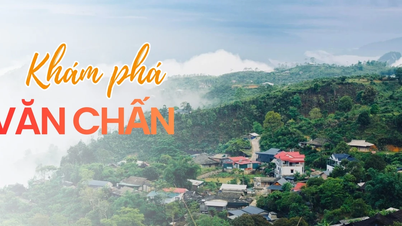


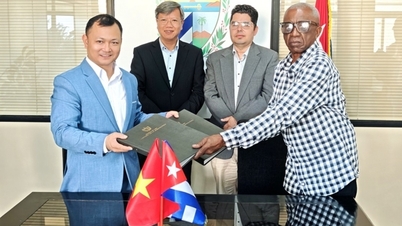

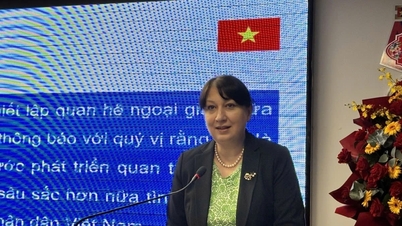


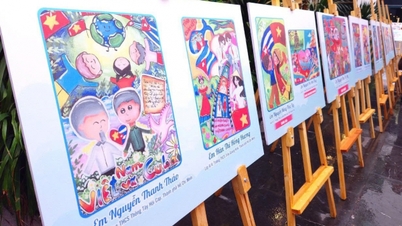
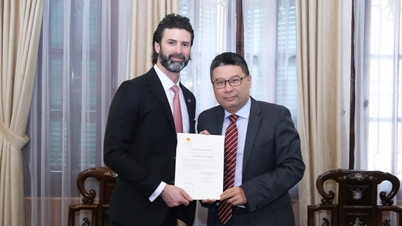
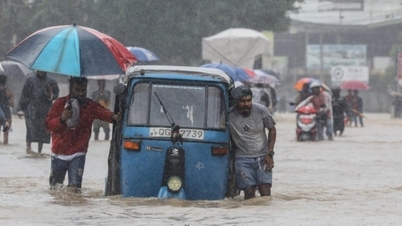





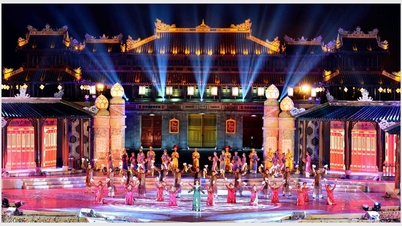
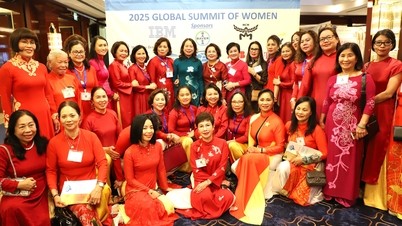
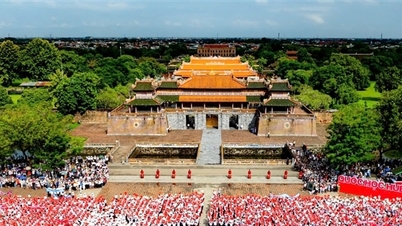

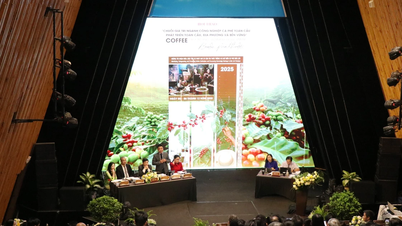





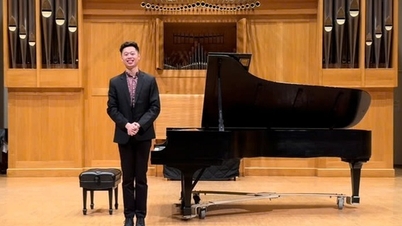

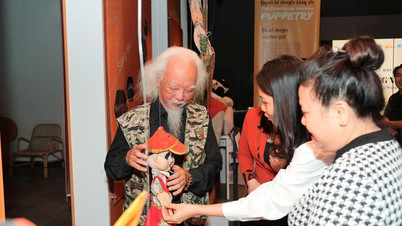

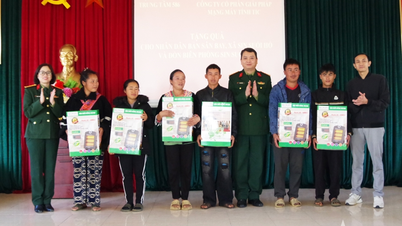
















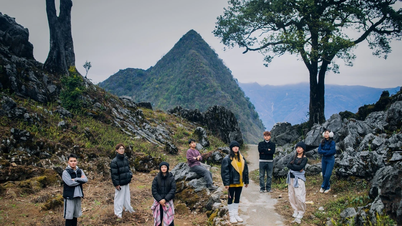










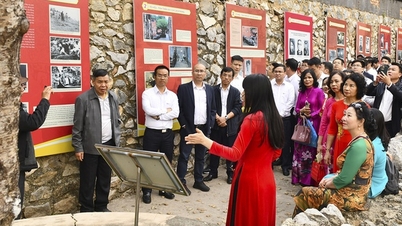





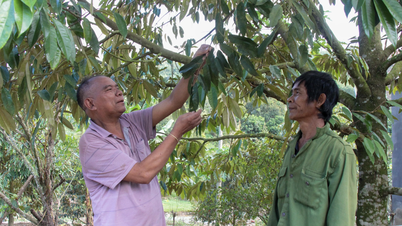
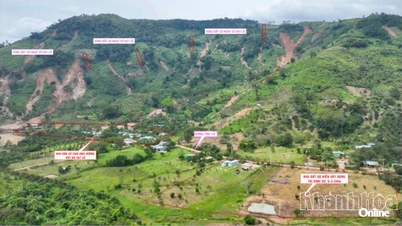








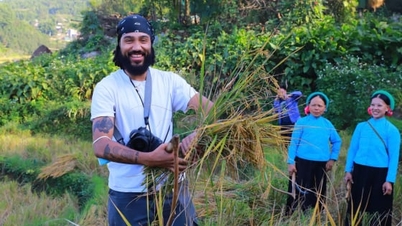







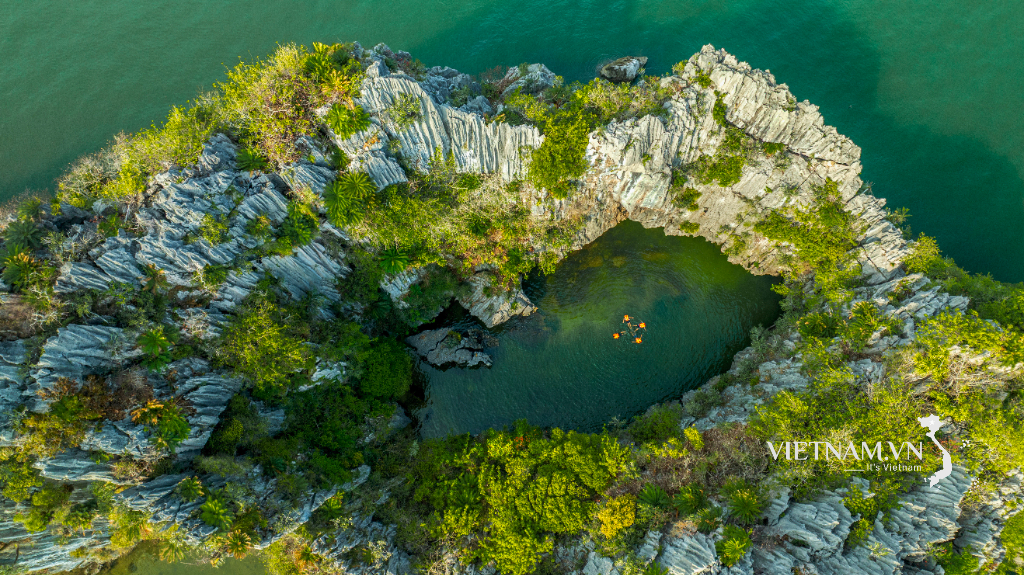

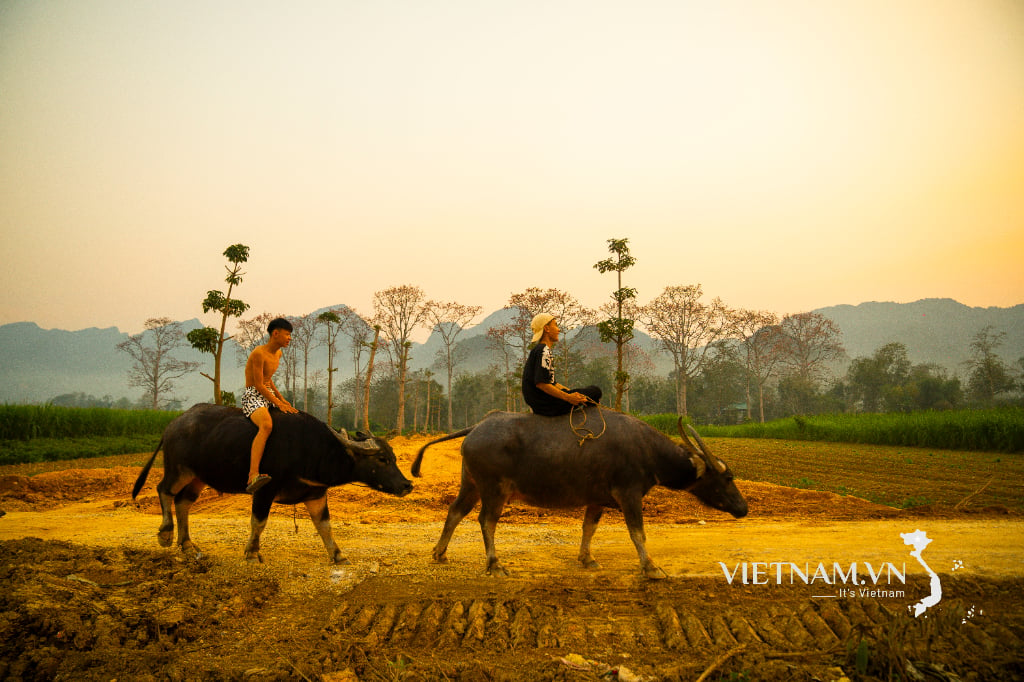




Comment (0)